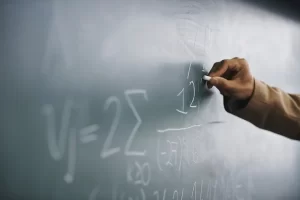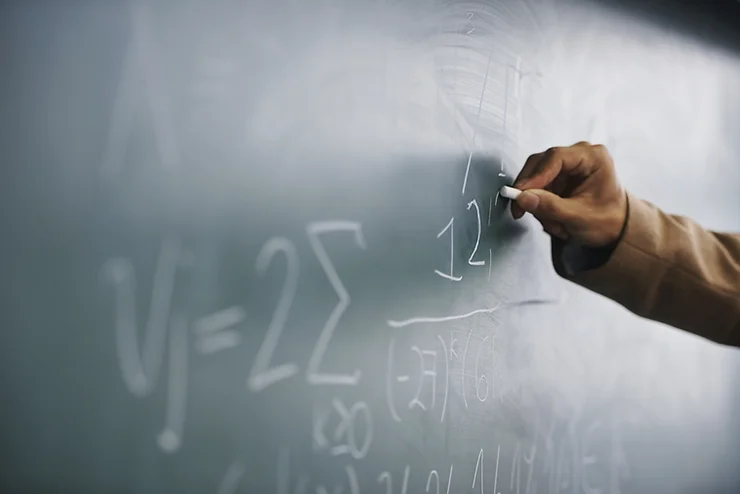What is ISEE?
The ISEE is an independent school entrance exam that measures how you think rather than focusing solely on what you know. There are different exams for students entering 2nd grade, 3rd grade, 4th grade, 5th & 6th grade, 7th or 8th grade, and 9 10 11 or 12 grade.
Who needs to take the ISEE?
Anyone looking to attend a private or independent school will need to take this entrance exam.
What topics are covered on the ISEE Test?
- Reading
- Math
- Upper grades (5 and up) add quantitative reasoning, verbal reasoning, reading comprehension
Top 5 tips for doing well on the exam:
- Start with a benchmark test: use this information to make realistic goals and a study plan
- Get private instruction to teach specific content areas in math
- Practice ISEE vocabulary everyday
- Practice a few math problems each day
- Use test-taking strategies for a timed test
Study Plan
It’s best to start instruction in the summer to avoid burnout during the school year. We recommend the following study plan to space your topics out, allow time for mastery, and to prevent burnout and cramming.
- Summer
- Start with a benchmark test as a starting point and to identify areas of opportunity.
- Enroll in private instruction for math content
- Practice vocabulary
- Fall
- Practice math content
- Practice vocabulary
- Take a practice test to track your growth.
- Winter
- Take the test













